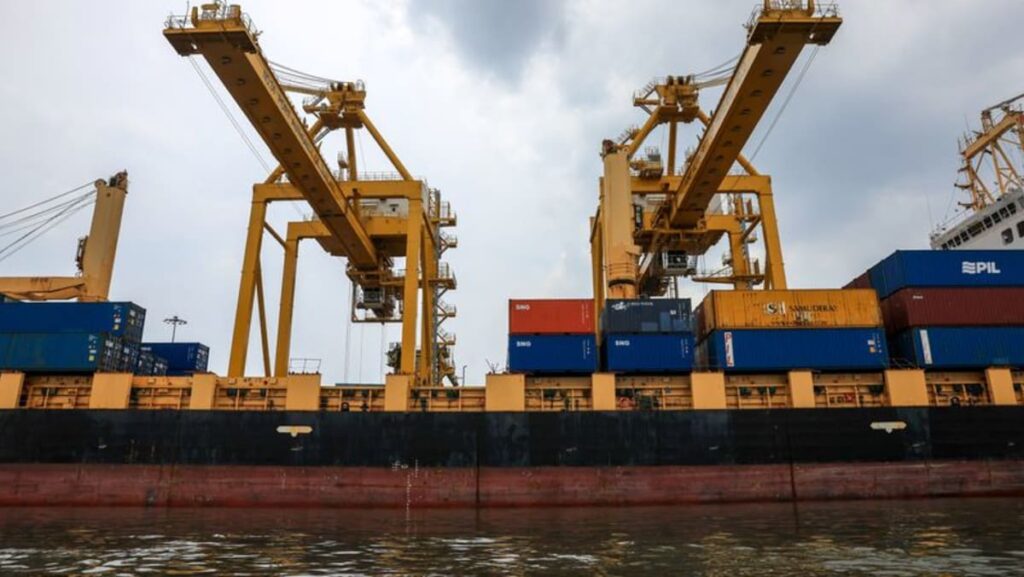HOW SHOULD ASEAN COUNTRIES REACT?
Malaysia, which will see its exports to the US get hit by a 24 per cent levy, appears to be holding fire on any pushback for now and is “not considering retaliatory tariffs”.
It will instead “seek solutions that will uphold the spirit of free and fair trade”, according to the Ministry of Investment, Trade and Industry (MITI).
“To mitigate the tariff impact, Malaysia is expanding our export markets by prioritising high-growth regions and leveraging existing free trade agreements, including the Comprehensive and Progressive Agreement for Trans-Pacific Partnership, and the Regional Comprehensive Economic Partnership,” the ministry said.
Meanwhile over in Thailand, Prime Minister Paetongtarn Shinawatra said the country had a “strong plan” to handle the new 36 per cent levy imposed on its goods.
Thailand will negotiate with the US and will not allow the situation to “get to where gross domestic product will miss the target”, she said.
Vietnam’s Prime Minister Pham Minh Chinh, meanwhile, held an urgent cabinet meeting early on Thursday. Local reports added that leaders of the trade ministry will present a report on the impacts of the tariffs on Vietnam’s exports and its economic growth prospects.
Analysts told CNA that the individual ASEAN states may not have enough leverage to retaliate to the US tariffs, but they can – as a collective bloc – turn to alternative trade partners around the globe to counter Washington’s protectionist measures.
“ASEAN countries should resist the temptation to retaliate, mainly because tariffs hurt the countries imposing them more than anyone else. This is the right response from an economic point of view, but the situation may differ politically,” said Menon.
“If a response is deemed politically necessary, then ASEAN should coordinate that response. There is weight in numbers.”
The economist Woo said that ASEAN should consider forging trade partnerships with other groups beyond the US, such as with China, Japan, South Korea, the EU and even the Gulf countries.
He cited how countries like Malaysia which supply semiconductor chips to the US should also look to supplying them to Europe and China, further adding that ASEAN as a bloc should seek a free trade agreement with the EU to explore possibilities for market expansion.
“The Americans are taking the ball home and they are not going to play football with you. So (ASEAN) has to come up with our own game,” said Woo.
“And I think the rest of the world is big enough that, after some adjustment, we will be able to restore everything to normal growth (if we look elsewhere).”
Lin of ISEAS-Yusof Ishak Institute added that the imposition of tariffs could represent a good opportunity for ASEAN to “enhance regional cohesiveness” through a joint statement or coordinated actions that reinforces trade and investment within member states.
In the meantime, she acknowledged that many ASEAN states may be reluctant to significantly increase their FDIs in the US to circumvent tariffs, as such investments are capital-intensive and take time to establish.
“Given that the Trump administration (could) be in office for just four years, many may prefer to wait it out rather than initiate major structural adjustments,” she said.
Read the full article here

